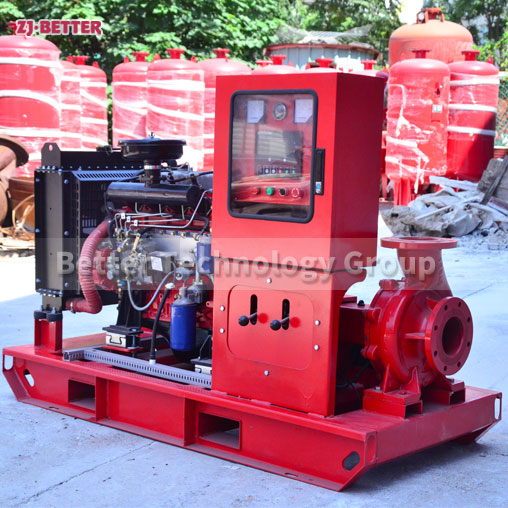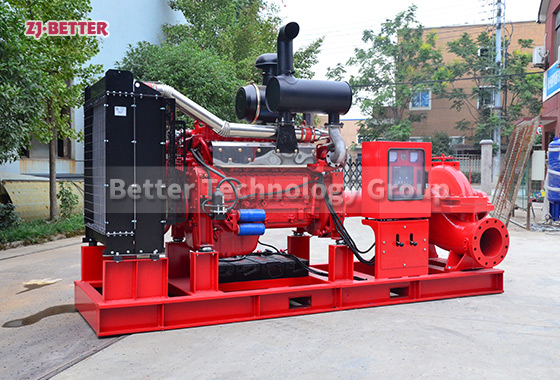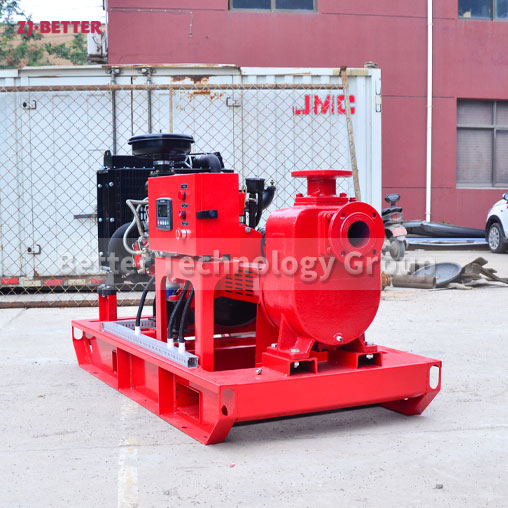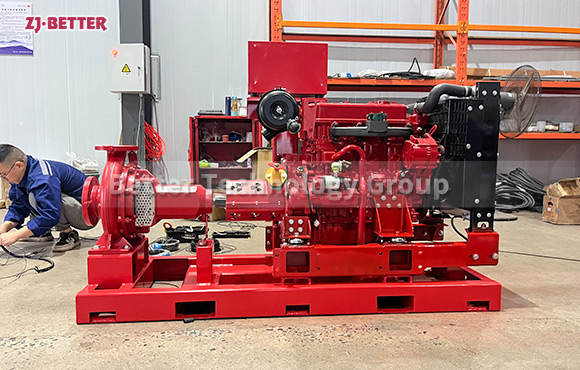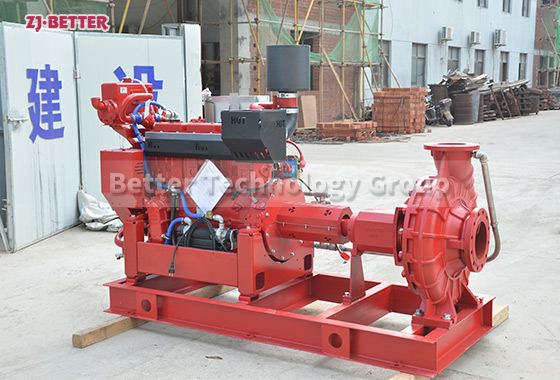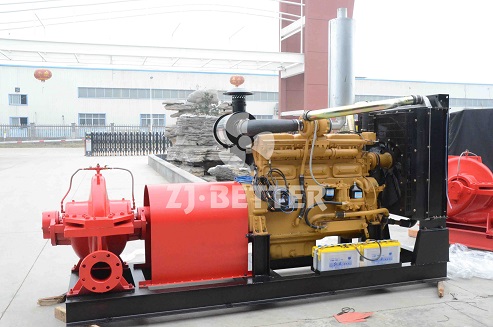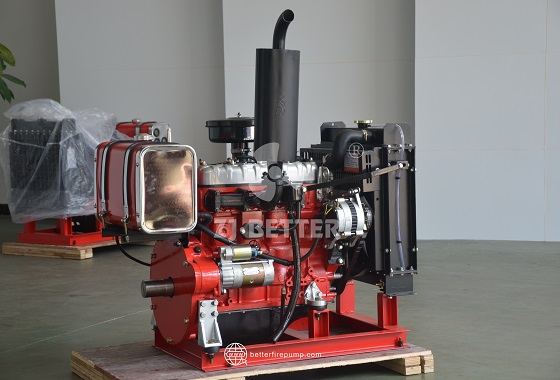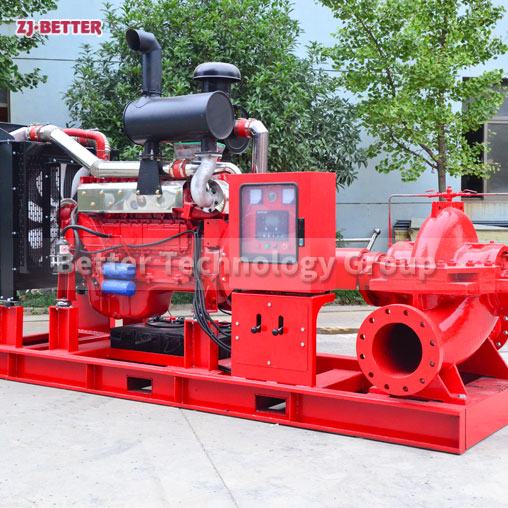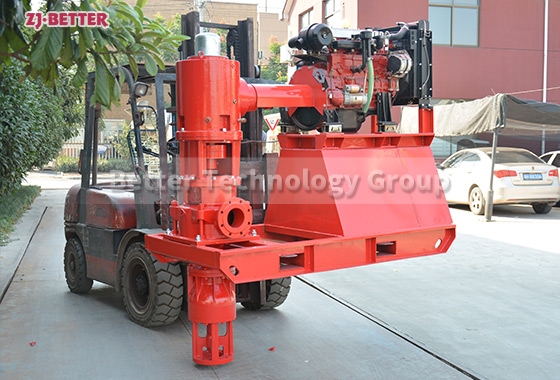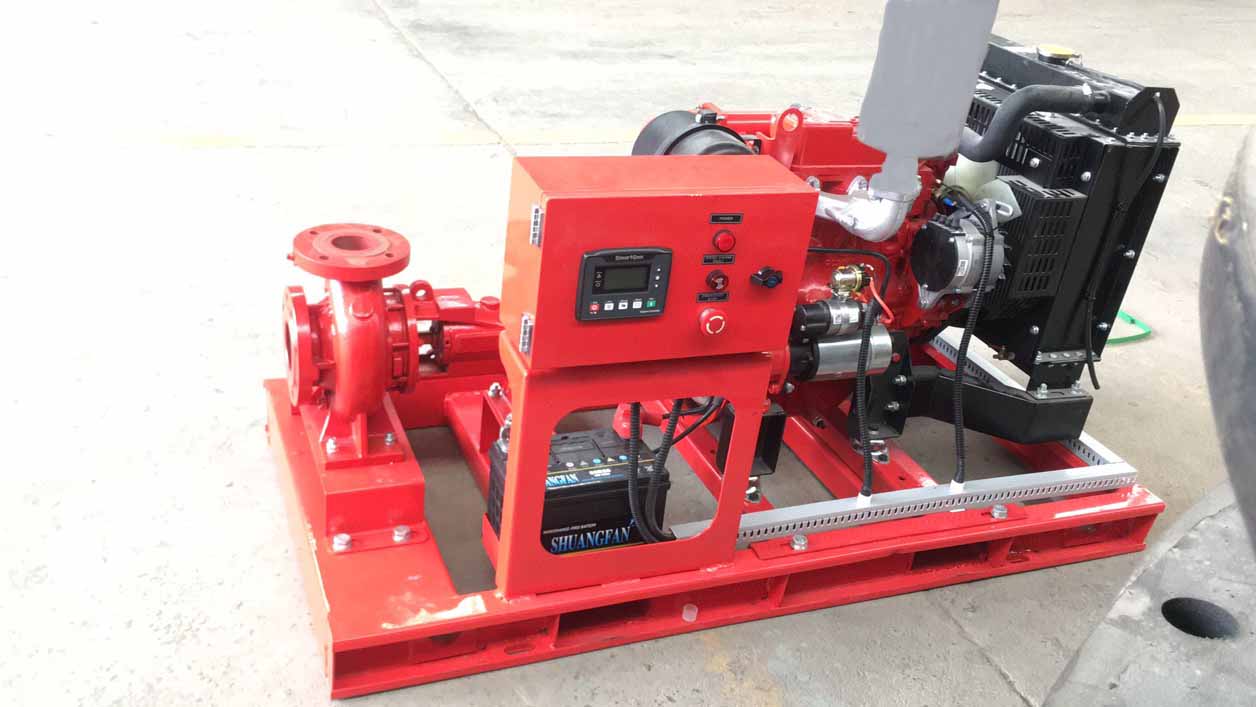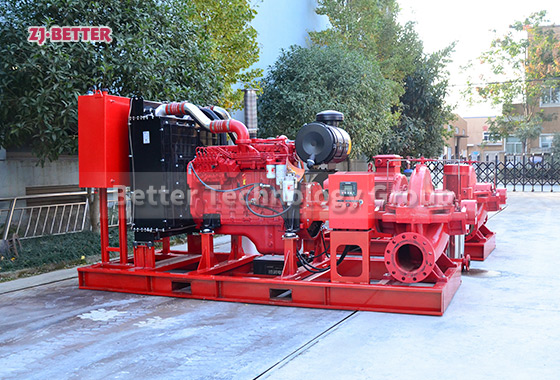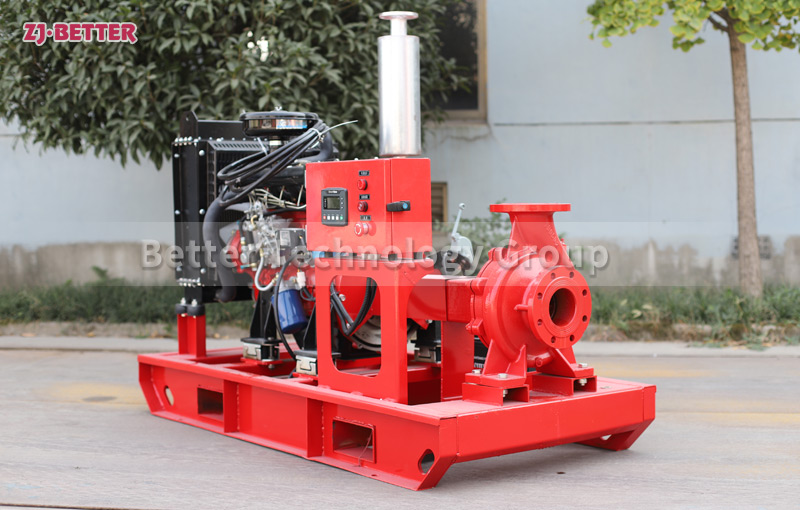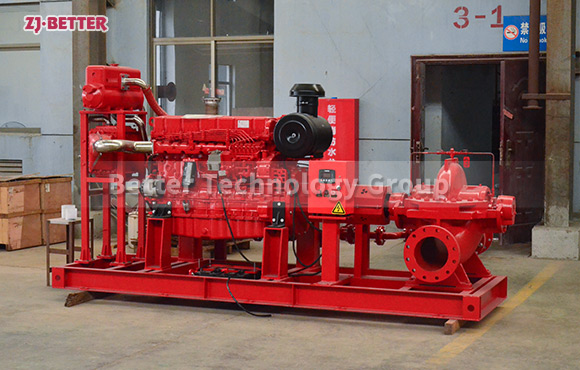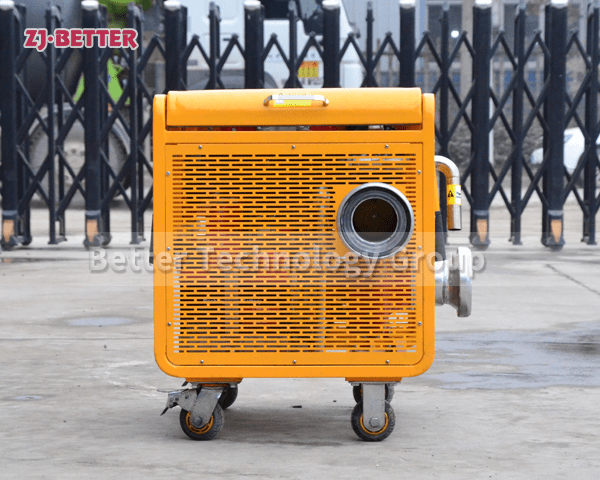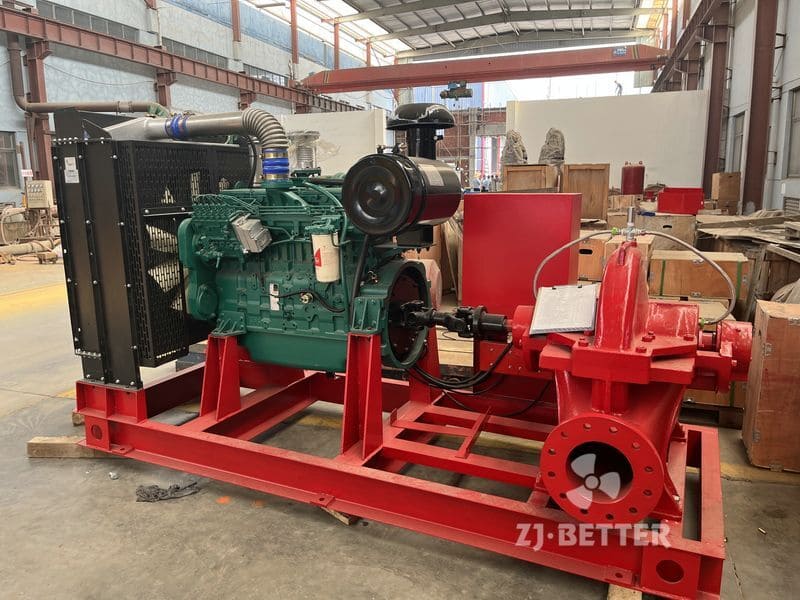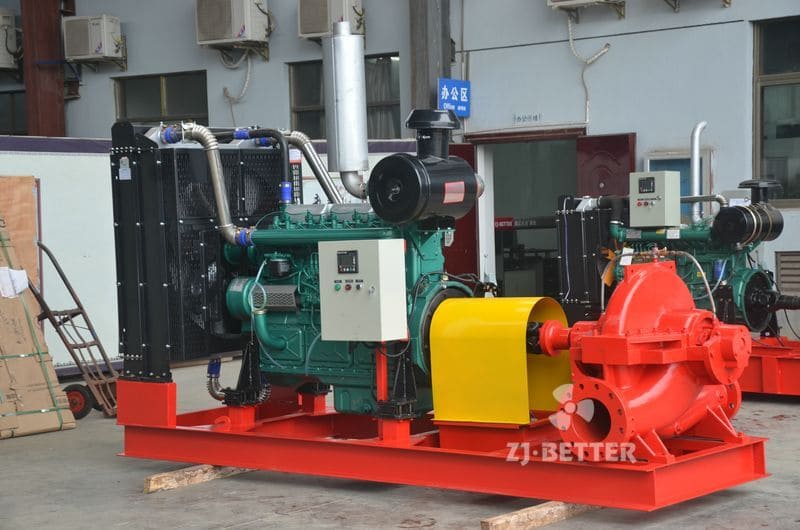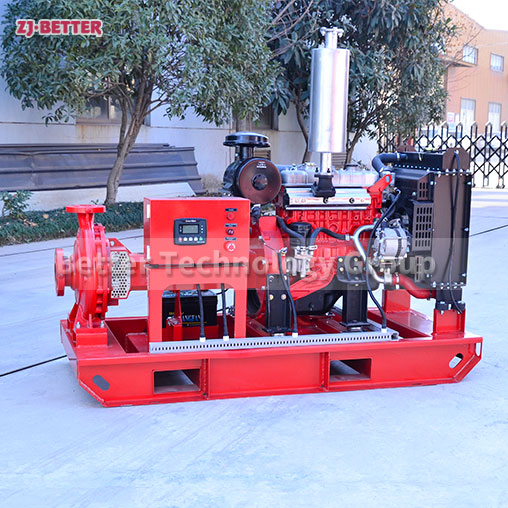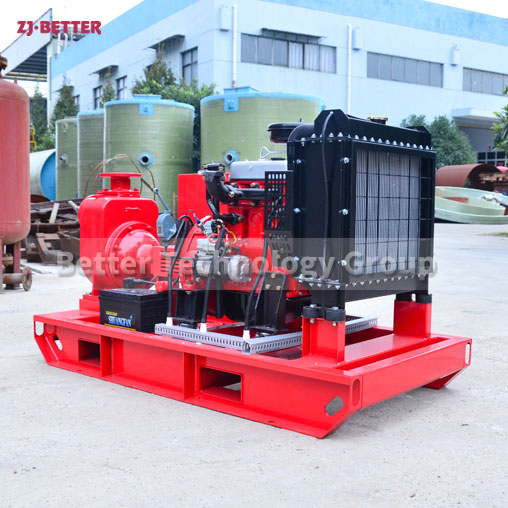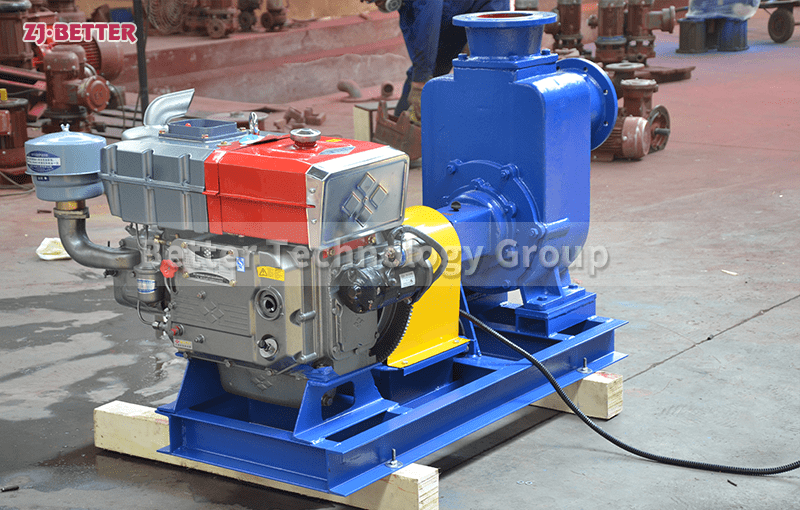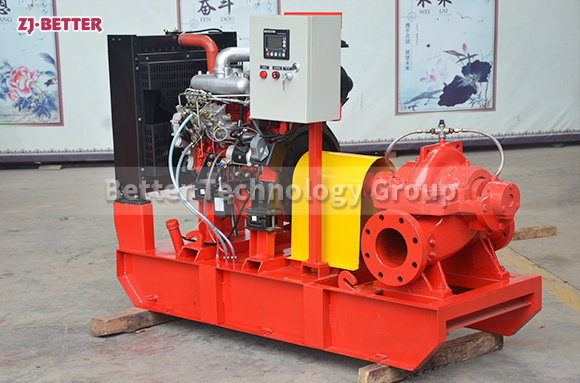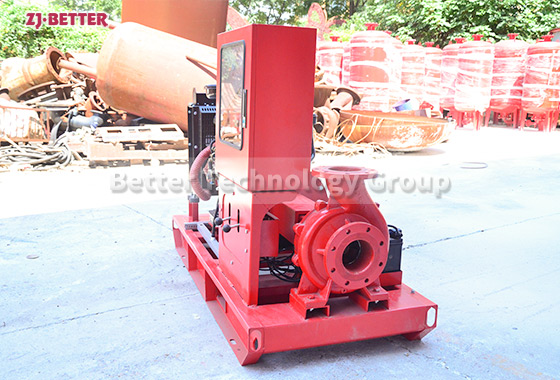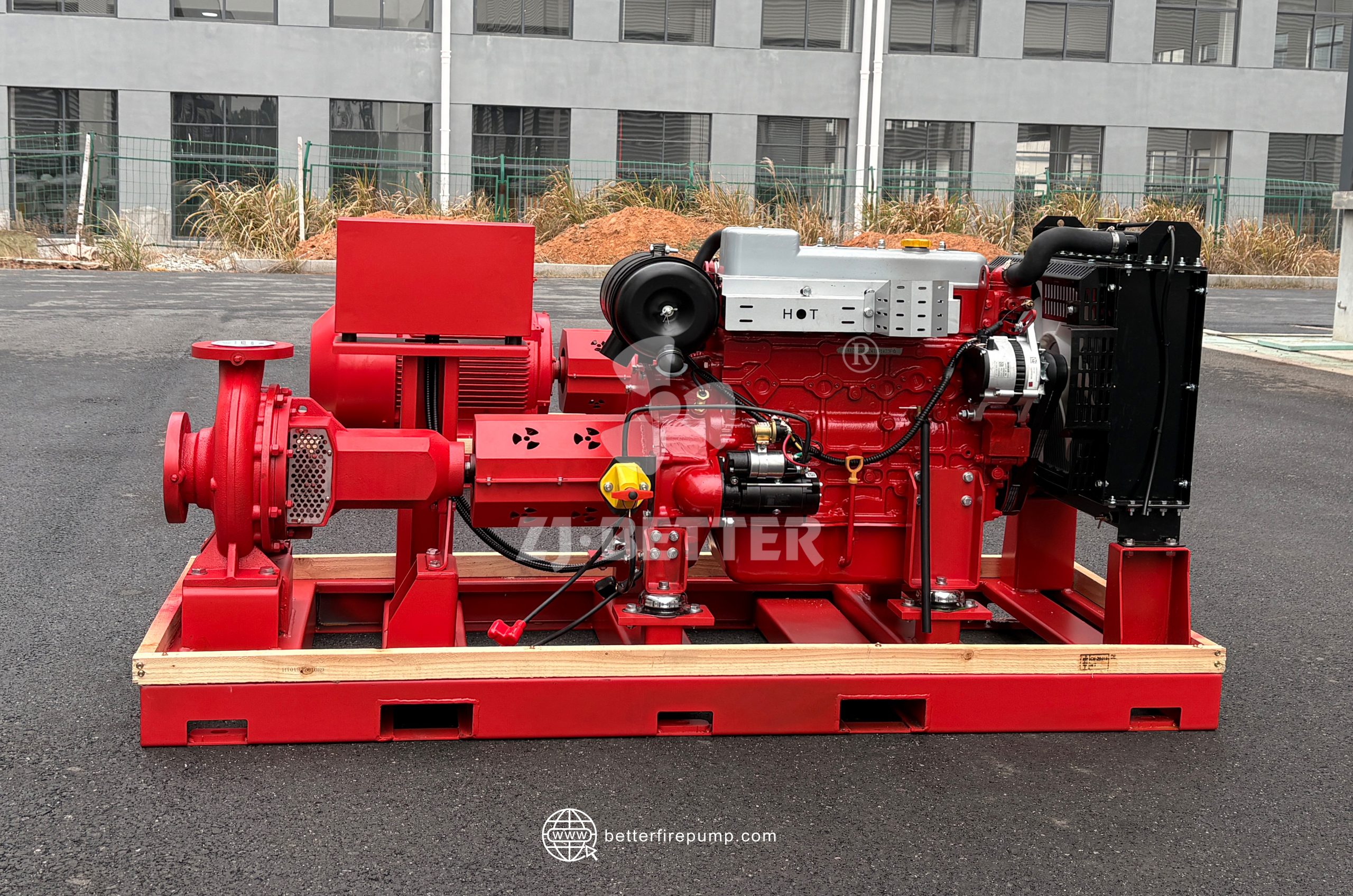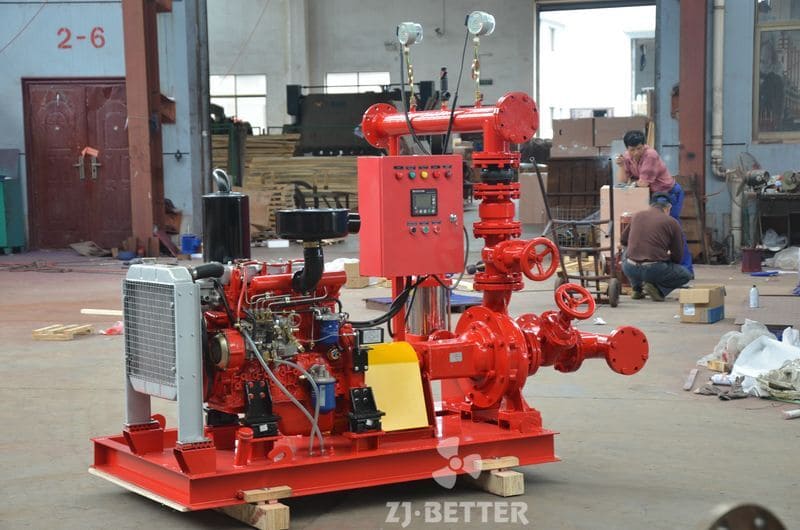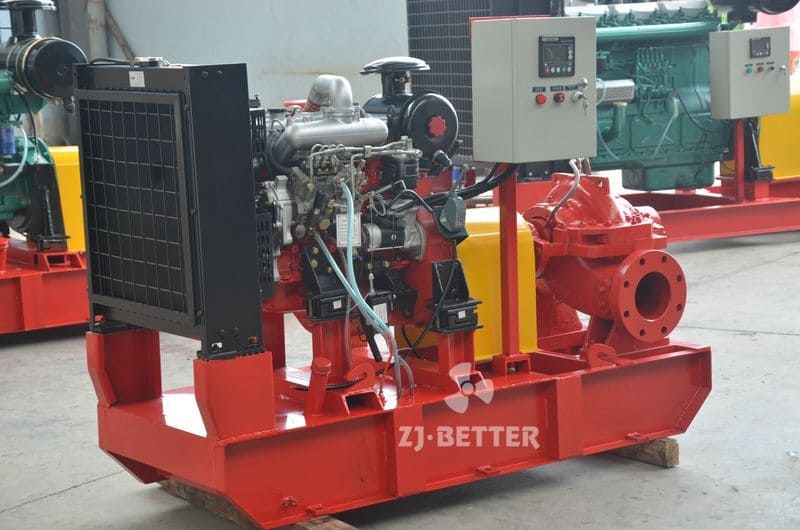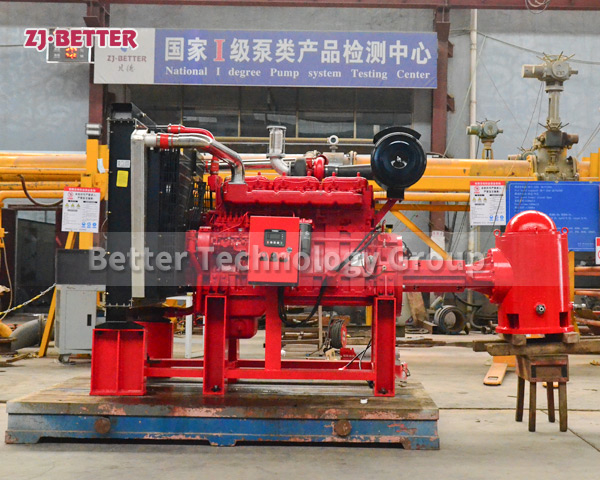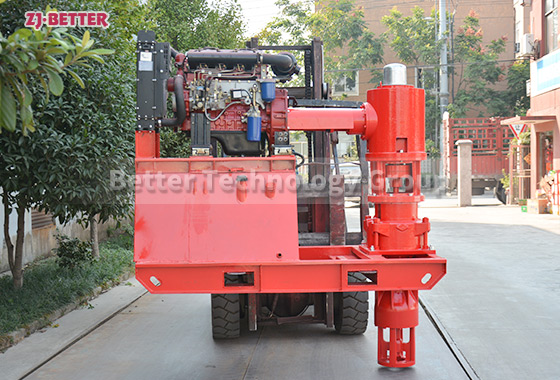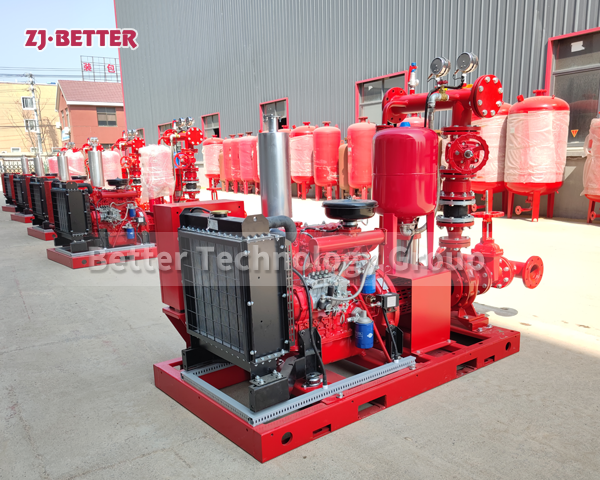Efficient Water Transport: The Small Diesel Engine Pump Cart
A small self-priming pump mobile pump cart is a versatile agricultural device suitable for water supply and irrigation tasks in rural areas. Its portable design and reliability make it a valuable tool for farmers, ensuring that fields and crops receive an adequate water supply for nourishment.
The small self-priming pump mobile pump cart is a portable agricultural device comprising a compact diesel engine and a self-priming pump, designed in the form of a handcart with options for either two or four wheels. This versatile equipment is primarily employed for agricultural irrigation, efficiently transporting water from various sources to fields, orchards, or gardens. Its portable structure allows easy maneuverability, catering to diverse terrains and usage needs. Additionally, the pump cart serves as an essential tool for emergency water supply during droughts or natural disasters. Regular maintenance is essential to ensure the equipment’s proper functioning and longevity. In essence, the small self-priming pump mobile pump cart is a reliable and multifunctional solution for rural water supply and agricultural irrigation.



